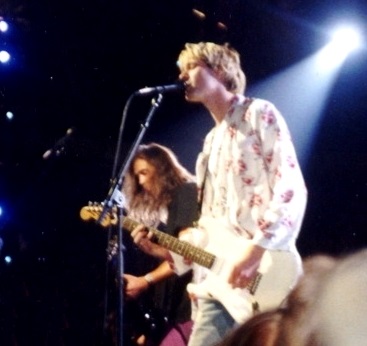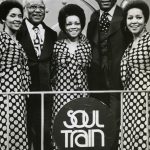
Kurt Cobain tragically passed on April 5, 1994, at the age of 27. If he were still alive it makes you wonder how today’s political climate would affect his music. Even though Cobain didn’t write too many direct protest tunes, much of his music possessed a keen social awareness. He was definitely against the macho attitudes that contributed to the suppression of women and was totally on board with the overthrow of the patriarchy. Here are five of Nirvana’s most socially conscious tunes.
Downer
The song originated from Cobain’s pre-Nirvana band Fecal Matter and appeared on a 1985 demo tape. Nirvana rerecorded it and it appeared on most reissues of Nirvana’s 1989 debut album Bleach and the 1992 rarities compilation album Incesticide. Making reference to nuclear war and referring to “conservative communist apocalyptic bastard”, it is Cobain’s most direct attempt at writing a protest song. Cobain acknowledged to Nirvana’s biographer Michael Azerrad, that “I was trying to be Mr. Political Punk Rock Black Flag guy”.
Mr. Moustache
This tune from Nirvana’s debut album Bleach tackles the macho attitudes that were a real turn off to Cobain. It was based on a comic strip that Kurt drew as a teenager, which lampooned the stereotypical rednecks that Kurt was confronted with in rural Washington.
Big Cheese
Originally released as the b-side to their cover of Shocking Blue’s “Love Buzz”, it was also included on reissues of Bleach. Even though their debut was released on the indie label Sub Pop, Cobain still had to deal with label heads who were trying to pressure the band into a certain creative direction. “Big Cheese” is a scathing attack on Sub Pop co-owner Jonathan Poneman who the band butted heads with in terms of creative direction.
Territorial Pissings
This song from Nirvana’s 1991 commercial breakthrough, Nevermind starts with a portion of The Youngblood’s 1967 peace tune “Get Together“. Even though not directly political, the lyrics are definitely socially aware. The song talks about how we “gotta find a way, a better way,” which is a sentiment that applies to a number of social issues. The song also tackles the patriarchy with the line “never met a wise man, if so it’s a woman”. Cobain makes it known that the current male-centric power structures don’t work and need to be dismantled.
Rape Me
This tune from Nirvana’s 1993 album In Utero is one of Nirvana’s most controversial and misunderstood songs. The song was intended as anti-rape and in an interview with Spin Magazine, Cobain made the following statement concerning the meaning of the lyrics “It’s like she’s saying, ‘Rape me, go ahead, rape me, beat me. You’ll never kill me.” The song does have a riot grrrl feel, and you could visualize the song being performed by a female-fronted feminist punk band. If Kurt were still alive today, you could imagine that he would be an ally of the #MeToo movement.


